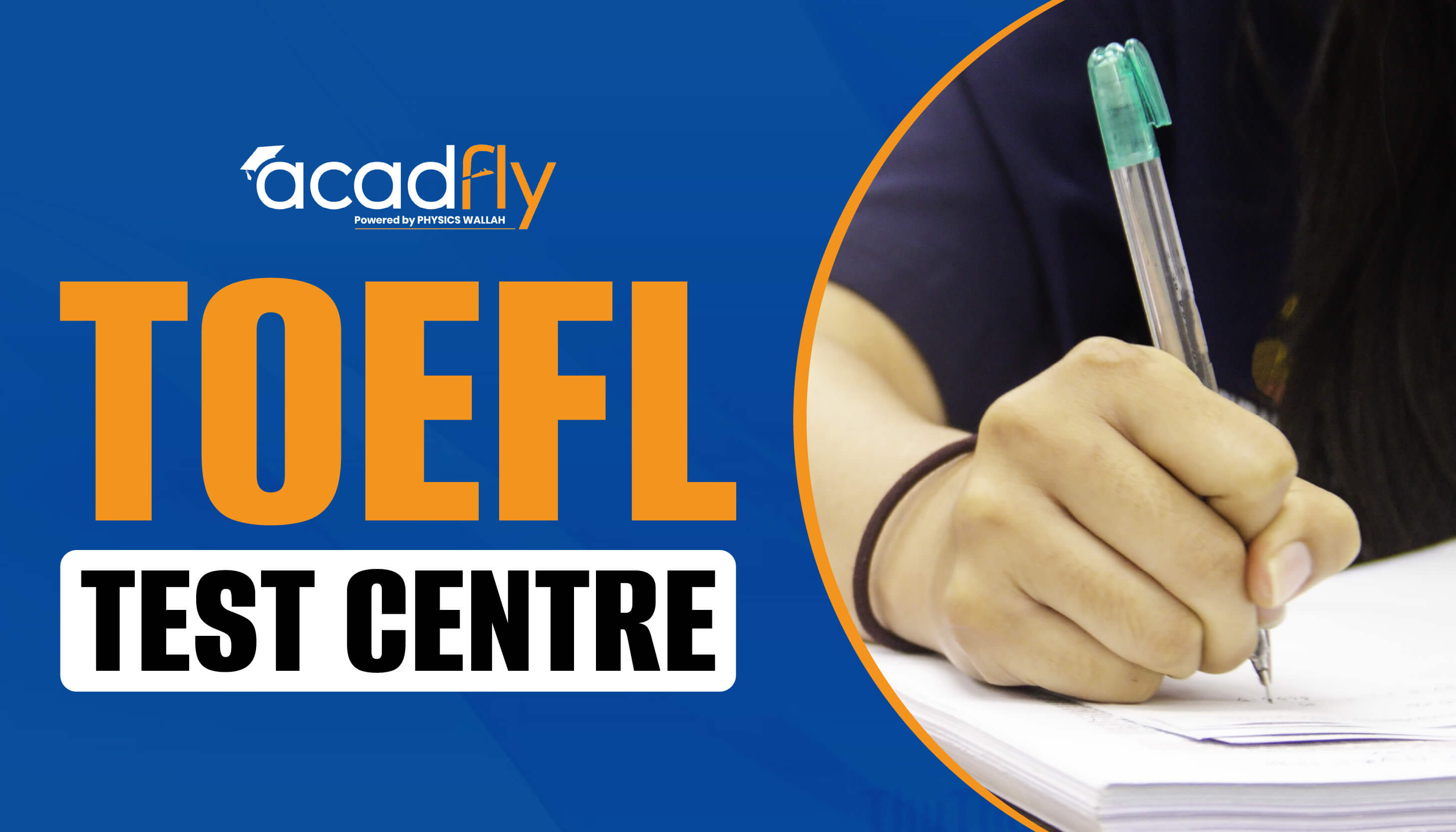
Applying to German universities can be a smooth process if you understand the key steps involved. Germany offers world-class education, attracting students from all over the world. The German university application process requires careful preparation, including meeting specific German university requirements. This guide will walk you through everything you need to know about the study in Germany application and how to apply to German universities successfully. By following these steps, you'll be well on your way to securing a spot at a leading institution in Germany.
Understanding the German University Application Process
The German university application process can vary depending on the program and the university. For undergraduate programs, students need to have their secondary school qualifications recognized in Germany.
The process typically starts with verifying whether your school diploma meets the Germany university admission standards, which can be done through the uni-assist portal for international students. It's important to check each university's specific entry requirements, as they can differ from one institution to another.
For postgraduate programs, the application process often requires a bachelor's degree or equivalent, along with proof of proficiency in the German or English language, depending on the program’s language of instruction.
Most universities will require transcripts, a motivation letter, and recommendation letters as part of the application. In addition, specific programs may ask for additional documents such as a portfolio or research proposal. Carefully reviewing the German university requirements for your intended course is essential to ensure you submit a complete application.
Once all documents are prepared, students need to apply directly through the university’s portal or through centralized platforms like uni-assist for non-EU students. Make sure to meet the application deadlines, which vary between institutions and programs.
After submitting your application, you’ll need to wait for the university’s decision, after which you can proceed with visa applications, accommodation arrangements, and other pre-departure tasks for studying in Germany.
How to Apply to German Universities: Key Steps
The key steps to follow for applying to German universities. Following these guidelines will ensure that your application is complete and that you meet all the necessary requirements.
Check Eligibility and Program Requirements
Before applying, verify that your academic qualifications meet the German university requirements for your chosen program. Make sure you have the required language proficiency and that your previous education is recognized in Germany.
Gather Required Documents
Collect all the necessary documents, such as academic transcripts, a CV, a motivation letter, letters of recommendation, and proof of language proficiency (German or English). Each university may have specific document requirements.
Submit Application Online
Most universities allow you to submit your application online through their portal or centralized platforms like uni-assist. Ensure that all forms are filled out accurately and that your documents are uploaded correctly.
Pay Application Fees (if applicable)
Some universities or application platforms may require a fee to process your application. Be sure to check the payment details and ensure the fee is paid within the deadline to complete the process.
Wait for Admission Results and Prepare for Next Steps
After submitting your application, you’ll need to wait for the admission results. If accepted, proceed with visa applications, financial planning, and accommodation arrangements for your stay in Germany.
Germany University Admission Requirements for International Students
The Germany university admission requirements for international students. Understanding these requirements is crucial to ensure you meet all the criteria for a successful application.
Recognized Educational Qualifications
Your secondary school or university qualifications must be recognized in Germany. International students often need to have their certificates assessed by the uni-assist platform or the university to confirm they meet the necessary standards.
Language Proficiency
For undergraduate programs taught in German, a sufficient level of German proficiency is required, typically proven through exams like TestDaF or DSH. For English-taught programs, proficiency in English (TOEFL or IELTS) is usually necessary.
Valid Passport and Visa
As an international student, you must have a valid passport. Upon receiving your admission letter, you will need to apply for a student visa to study in Germany. Visa applications require proof of financial resources and health insurance.
Letter of Motivation and Recommendation Letters
Most universities will require a motivation letter explaining why you want to study the program and why you chose the university. Letters of recommendation from previous teachers or professors are also typically required.
Proof of Financial Resources
To obtain a student visa, you need to show proof that you can financially support yourself during your studies. This is usually demonstrated by showing a blocked bank account with a certain amount of money for living expenses during your time in Germany.
Study in Germany Application: Essential Documents to Submit
the essential documents you need to submit for your study in Germany application. These documents are crucial for ensuring that your application is complete and meets the university’s requirements.
Completed Application Form
Each university has its own application form, which must be filled out accurately. This form can be submitted through the university’s portal or a centralized platform like uni-assist for international students.
Academic Transcripts and Certificates
You must provide official transcripts from your previous educational institutions. These should include details of your academic performance and should be translated into English or German, if necessary.
Proof of Language Proficiency
Depending on the language of instruction for your program, you’ll need to submit proof of German proficiency (TestDaF or DSH) or English proficiency (TOEFL or IELTS). This ensures that you can follow the course material effectively.
Motivation Letter and Curriculum Vitae (CV)
A well-written motivation letter explaining why you want to study in Germany and your chosen program is often required. Additionally, a detailed CV outlining your academic background and relevant experiences is typically requested.
Passport Copy and Visa Documents
A clear copy of your passport is required for identification purposes. Additionally, you may need to provide documents related to your visa application, including proof of financial resources and health insurance.
Common Mistakes to Avoid During the German University Application Process
Some common mistakes to avoid during the German university application process. By being aware of these, you can ensure a smooth and successful application.
Missing Application Deadlines
One of the most common mistakes is missing the application deadlines. Always double-check the application dates for your university and program and submit all required documents well before the deadline.
Incomplete or Incorrect Documents
Submitting incomplete or incorrect documents can result in your application being rejected. Ensure all documents, including transcripts and language certificates, are complete and correctly translated if necessary.
Not Verifying Recognition of Your Qualifications
Before applying, make sure your educational qualifications are recognized in Germany. If they are not, you may need to go through the uni-assist process to get them evaluated.
Ignoring Language Proficiency Requirements
Many students overlook the specific language proficiency requirements of their program. Verify whether you need to demonstrate German proficiency or English proficiency based on the course’s language of instruction.
Providing Insufficient Proof of Financial Resources
When applying for a student visa, you must show proof of financial resources. Make sure you meet the required amount to avoid delays or visa denial.
Submitting Documents Late or in the Wrong Format
Many universities have strict rules on document submission formats (PDF, JPG, etc.). Submitting documents in the wrong format or after the deadline can disqualify your application.
Not Tailoring Your Motivation Letter
A generic motivation letter is less likely to make a strong impression. Ensure that your letter is specifically tailored to the program and university, explaining why you're a good fit.
Not Checking for Program-Specific Requirements
Each program may have additional requirements beyond general admission. Always check if your chosen program requires extra materials, such as a portfolio, research proposal, or interview, and prepare accordingly.
Frequently Asked Questions
1. What are the first steps to applying to a German university?
2. Do I need to apply through a centralized platform?
3. What documents do I need to submit with my application?
4. How do I prove my language proficiency?
5. Is there an application fee for German universities?









